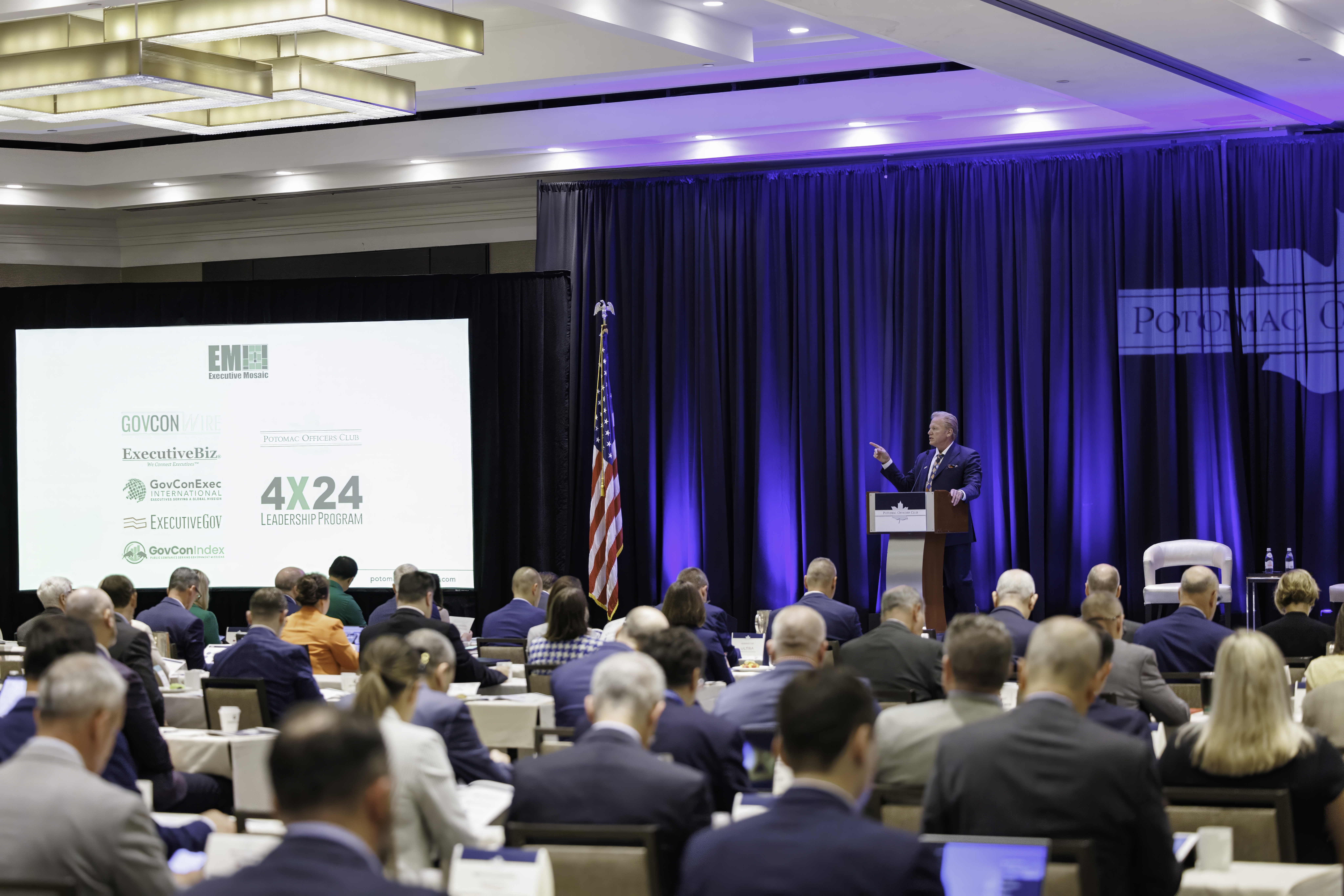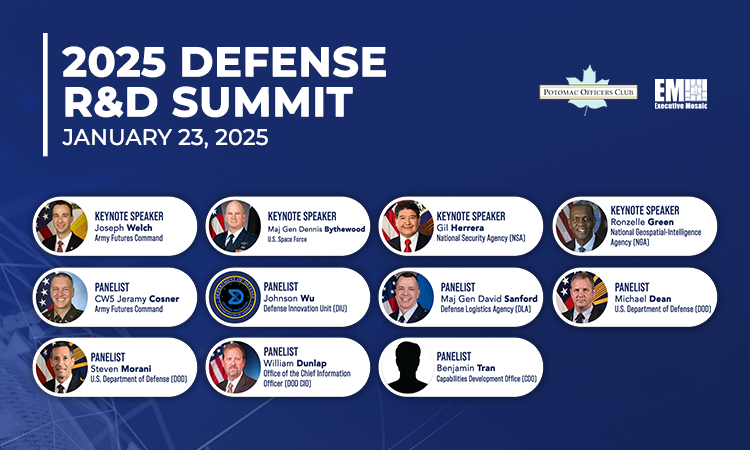
Core4ce’s Curtis Arnold to Speak at the 2024 Cyber Summit
Core4ce’s Curtis Arnold will serve as a speaker at the Potomac Officer Club’s 2024 Cyber Summit panel, “How Important is Network Security in a Zero Trust World?”
Learn about Curtis Arnold’s professional background, recognition and contributions below.
Table of Contents
Who is Curtis Arnold?

Curtis Arnold is a prominent figure in cybersecurity. He currently serves as Core4ce’s vice president and chief scientist for cyber. In these roles, Arnold strategizes cyber solutions for the company’s federal customers, including the Department of Homeland Security and the Department of Defense.
Arnold earned his B.S. in Information Security and his M.S. in Information Technology from from Johns Hopkins University, and he holds a D.Sc. in Cybersecurity from Capitol Technology University. His educational background has prepared him to assume leadership roles within the cybersecurity sector.
About Core4ce
Core4ce is a data-minded company supporting the federal government’s national security efforts. It functions based on four core disciplines: cybersecurity, data science and analytics, engineering and operations.
Core4ce is a melting pot of specialists in cybersecurity, software development, artificial intelligence and machine learning. Amid diverse backgrounds, the team focuses on a single goal: to solve the nation’s complex cyber challenges through data-driven solutions.
To date, Core4ce is a prime contract holder on the following critical contracts:
- GSA OASIS Pool 3
- GSA Multiple Award Schedule (MAS)
- Seaport Next Generation (NxG)
- Seaport-e
Curtis Arnold’s Career in Cybersecurity
Curtis Arnold’s career has been nothing short of impressive. For over two decades, he has served in various leadership and technical roles for federal agencies and cybersecurity companies.
Previously, Curtis was the president of Arnold & Associates Inc., a cybersecurity service company focused on future innovation. This company was later acquired by Core4ce.
Early in his career, Arnold led the U.S. Army Research Laboratory’s Sustaining Base Network Assurance Branch, which was responsible for overseeing a range of Defensive Cyber Operations (DCO) activities. Under his leadership, the branch managed over 300 external clients and monitored more than 500 intrusion detection sensors worldwide.
Arnold’s career took off when he joined the U.S. Army Judge Advocate General’s Corps as a non-commissioned officer.
Curtis Arnold Joins the 2024 Cyber Summit as a Panel Speaker

Date: June 06, 2024
Time: 7:00 a.m. – 3:30 p.m. (Eastern Time Zone)
Venue: The Ritz-Carlton, Pentagon City
On June 6, 2024, Curtis Arnold will join the roster of executives and experts at the Potomac Officers Club’s 2024 Cyber Summit. He will join Kathryn Knerler of the Office of the Director of National Intelligence and Bill Nystrom of Telos Corporation to discuss the importance of network security in a zero trust world.
In addition to zero trust, the summit will also host panel discussions about supply chain security, CMMC and secure information sharing.
U.S. Government’s Cybersecurity Initiatives
The Biden Administration’s National Cybersecurity Strategy
The Biden administration introduced the National Cybersecurity Strategy in March 2023. This effort aims to provide all Americans with a secure digital environment. It focuses on several critical areas:
- Safeguarding critical systems and assets
- Disrupting and dismantling threat actors
- Shaping market forces
- Investing in cybersecurity efforts
Related Article: White House to Further Improve US Cyber Posture With Second NCSIP
The Biden Administration’s Initiative on Network Security
In May 2021, the Biden administration issued an executive order on strengthening the nation’s cybersecurity. This directive mandates the adoption of zero trust across federal networks.
The zero trust framework is created based on three core principles:
- Never Trust, Always Verify
- Continuous Authentication
- Least Privilege Access
At its core, zero trust operates on the assumption that threats can originate from inside and outside the network. This framework continuously evaluates and verifies the network’s users, devices, and activities based on policy, risk and threat profile.
Related article: Zero Trust: What is It and How Does It Affect the US Air Force
The Importance of Network Security in a Zero Trust World
Despite organizations transitioning away from the traditional perimeter-based defenses, network security is still as crucial as ever.
The role of network security is not completely obsolete. Instead, it has evolved to become integral in a zero trust environment.
Here’s why network security matters in a zero trust world:
- Network security tools, such as intrusion detection systems (IDS) and intrusion prevention systems, are critical for monitoring all network interactions.
- Advanced network security solutions decrypt and inspect traffic in real time.
- Techniques such as virtual local area networks (VLANs) and next-generation firewalls limit lateral movements and adhere to the least privilege principle.
- The integration of machine learning and artificial intelligence in network security detects and responds to advanced threats, boosting the effectiveness of zero trust architectures.
- Even with the full implementation of zero trust, its performance ultimately depends on securing the network’s control plane using advanced network security principles.
Category: Articles




